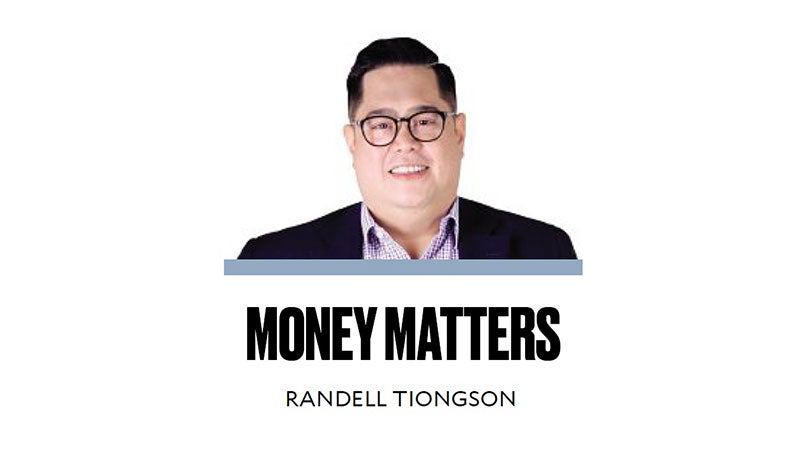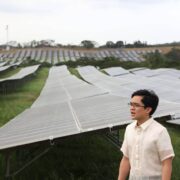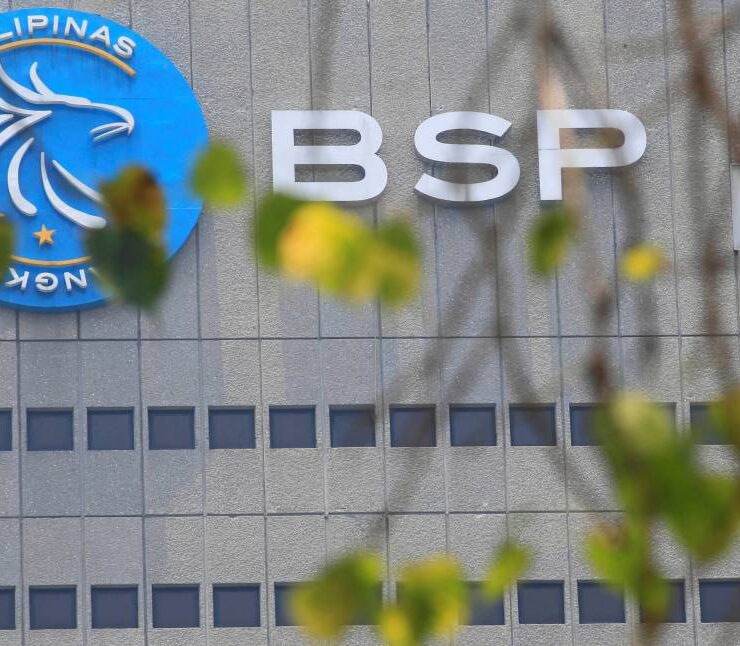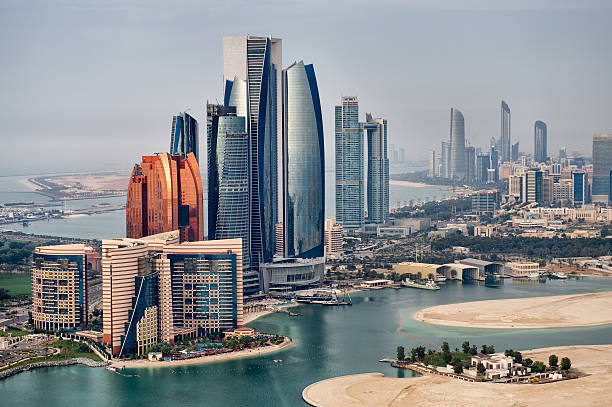Earnings still matter, but . . .

For years, I’ve taught Filipino investors to focus on the basics—strong earnings, price-to-earnings ratios, healthy balance sheets and consistent dividends. These fundamentals remain essential, especially for long-term investors. But in today’s shifting financial landscape, we must also understand a new and growing force: liquidity now often moves the market more than earnings do.
In simpler terms, it’s no longer just about what companies earn. It’s also about how much money is in the system, how quickly it moves and where it’s flowing. Asset prices today are being driven by capital movement and speculation just as much as by fundamentals.
What’s changing in the market?
- Global capital moves quickly
The Philippine market no longer operates in a vacuum. Decisions made by the U.S. Federal Reserve, European Central Bank, or Bank of Japan affect capital flows into and out of emerging markets like ours. Foreign investors moving money in or out of the Philippines can push prices up or down almost overnight.
- Technology fuels rapid speculation
With just a smartphone, any retail investor in Manila or Davao can invest in U.S. stocks, crypto, or global ETFs (exchange-traded funds). This ease of access has dramatically increased short-term speculation. Social media adds to the noise, with trends spreading faster than ever before.
- Liquidity has become a primary driver
In recent years, especially postpandemic, central banks injected massive amounts of liquidity into markets to stimulate economic recovery. That cheap money looked for returns—and flooded into stocks, real estate, crypto and more.
When liquidity is abundant, asset prices rise—even without earnings growth.
When liquidity tightens, even fundamentally strong companies can see their prices drop sharply.
So, what should Filipino investors do?
Keep the fundamentals, but read the flow
Continue analyzing company performance—earnings, cash flow and valuation metrics still matter. But also learn to read signs of market liquidity, interest rate trends and capital flow movements.
Sometimes, a stock drops not because it’s a bad company but because investors are pulling out of the market in general. Other times, stocks rise despite poor performance, driven by speculation and excess cash.
Diversify, locally and globally
Diversification protects your portfolio when unexpected risks emerge. This is clearly advised in Scripture:
“Divide your investments among many places, for you do not know what risks might lie ahead.” — Ecclesiastes 11:2, NLT
Don’t put everything into Philippine stocks or real estate. Local markets are relatively small and can be volatile. Today, Filipino investors can access international markets through feeder funds, ETFs, or direct global platforms.
Global diversification helps reduce your exposure to single-country risks and provides opportunities to participate in broader economic growth worldwide.
Understand that volatility is not the same as risk
Too often, people panic during market drops. But price movement doesn’t always equal risk. Volatility is part of investing—the real risk is investing without knowledge, discipline, or a clear objective.
“Wise choices will watch over you. Understanding will keep you safe.” — Proverbs 2:11, NLT
Invest in what you understand.
Don’t follow the crowd. Be patient when prices fluctuate. Timing the market is extremely difficult—even for professionals.
Avoid trend-chasing
Every few years, there’s a new shiny thing—crypto, meme stocks, NFTs (nonfungible tokens), AI-related assets. Some rise fast, others crash hard. Investors often chase what’s hot, only to get burned when sentiment shifts.
“There is more hope for a fool than for someone who speaks without thinking.” — Proverbs 29:20, NLT
Don’t invest because something is popular. Invest because it’s backed by value, sound analysis, and aligns with your long-term goals.
A word on local vs. global investing
The Philippines has a growing economy, a young population and many opportunities in infrastructure, consumption and digital sectors. I continue to believe in our long-term story. However, the reality is that we remain vulnerable to external shocks—U.S. monetary policy, oil prices, inflation and currency volatility.
That’s why it makes sense to consider both local and global investments. You’re not abandoning patriotism by investing abroad—you’re practicing prudence.
My 2 cents
We live in a world where earnings still matter—but liquidity moves the market. Fundamentals are the foundation of sound investing, but understanding capital flows, interest rates, and market psychology is now just as important.
To Filipino investors at any stage—whether you’re managing P10,000 or P10 million—these principles hold true:
— Be grounded in analysis, not emotion.
— Learn from data, not from trends.
— Diversify, be disciplined and stay long-term focused.
In today’s investing world, it’s no longer just about numbers on a spreadsheet. It’s about being aware of what moves the market—and responding not with panic, but with purpose.
(Randell Tiongson is a registered financial planner of RFP Philippines. To learn more about personal financial planning, attend the 112th RFP program this July 2025. Email info@rfp.ph or visit rfp.ph to learn more about the program.)





















